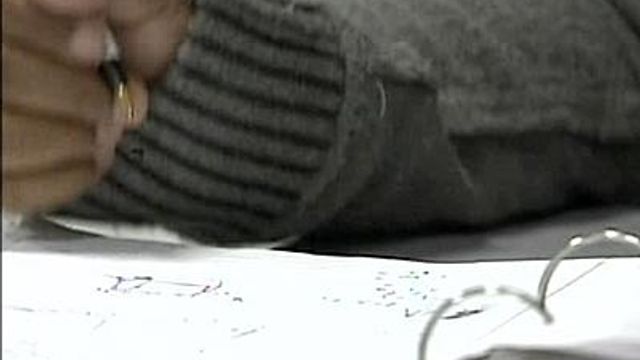Appeals Court: Durham schools' gang policy has problems
The North Carolina Court of Appeals has struck down a lower court's ruling that Durham Public Schools' gang policy is specific enough to be constitutional.
The appeals court sent the case back to Durham Superior Court for more action on claims that rules implemented under the policy need to clarified for students to understand what they can and cannot do.
The judges pointed out that rules about specific behaviors were never made part of the case.
The decision, filed Tuesday, stems from a lawsuit accusing the school system of targeting black students.
The complaint, filed more than two years ago, claimed former school Superintendent Ann Denlinger and the Board of Education violated the civil rights of black students by suspending them without due process.
In a 2-1 decision, the court threw out many of the lawsuit's claims, but sided with students overall. "We reverse that portion of the trial court's order dismissing [the students'] claim that the gang policy is unconstitutionally vague," the judges wrote. However, the court upheld some parts of Superior Court Judge Orlando Hudson's October 2006 ruling that tossed out the complaint.
North Carolina Central University law professor Patti Solari, who is representing students and their families in the case, said the district's gang policy needs to better clarify what constitutes a gang violation.
The policy specifies certain behaviors, such as wearing jewelry or clothing affiliated with a gang or defacing property with a gang symbol, but it does not go into detail about the behaviors.
"It really left the students sort of being forced to guess when they got dressed in the morning if their blue shirt or red shirt would be considered gang-related attire," Solari said.
Ann Majestic, an attorney for the school board, said that coming up with a specific, written gang policy is difficult because gang symbols are always changing. Thus, the policy has to change with it, she said.
A copy of what violates the policy is in each principal's office, Majestic said.
"They say that. I've never seen one," Solari said.
But, she said, in fairness, she did not ask for that list once the case was thrown out in trial court and moved to an appeal.
Part of the appeals court's ruling pointed out that no one ever made specific rules part of the case, so the judges could not say whether they were too vague or not.
With Tuesday's ruling, the gang policy will be revisited.











